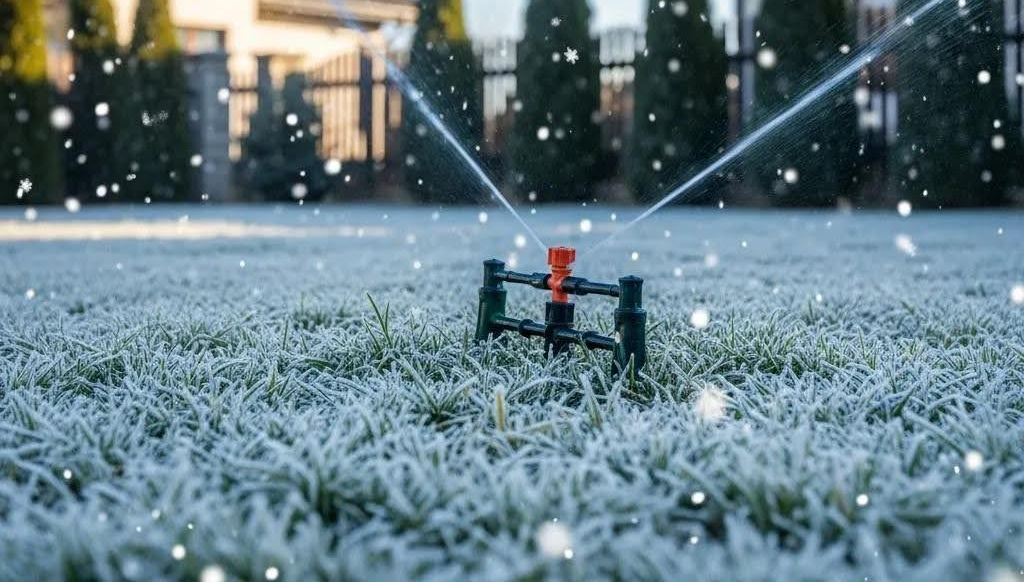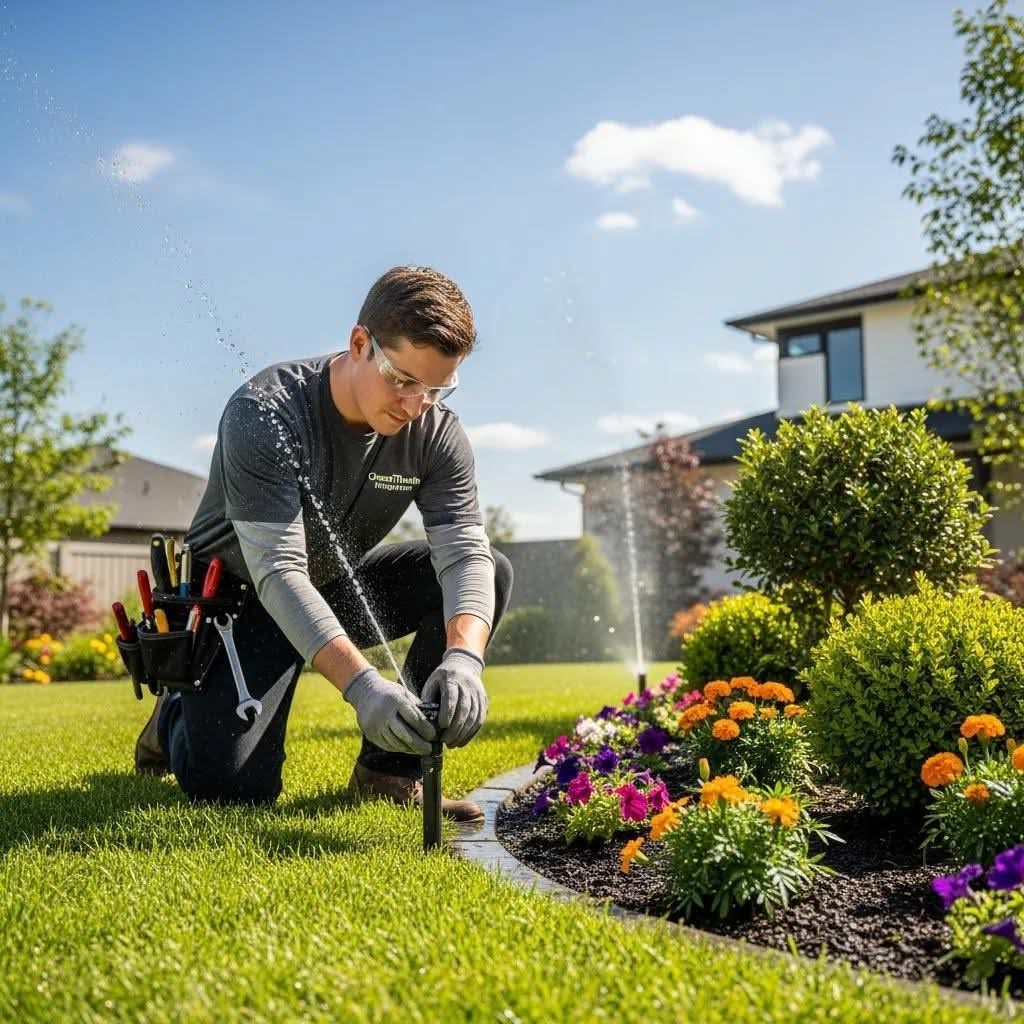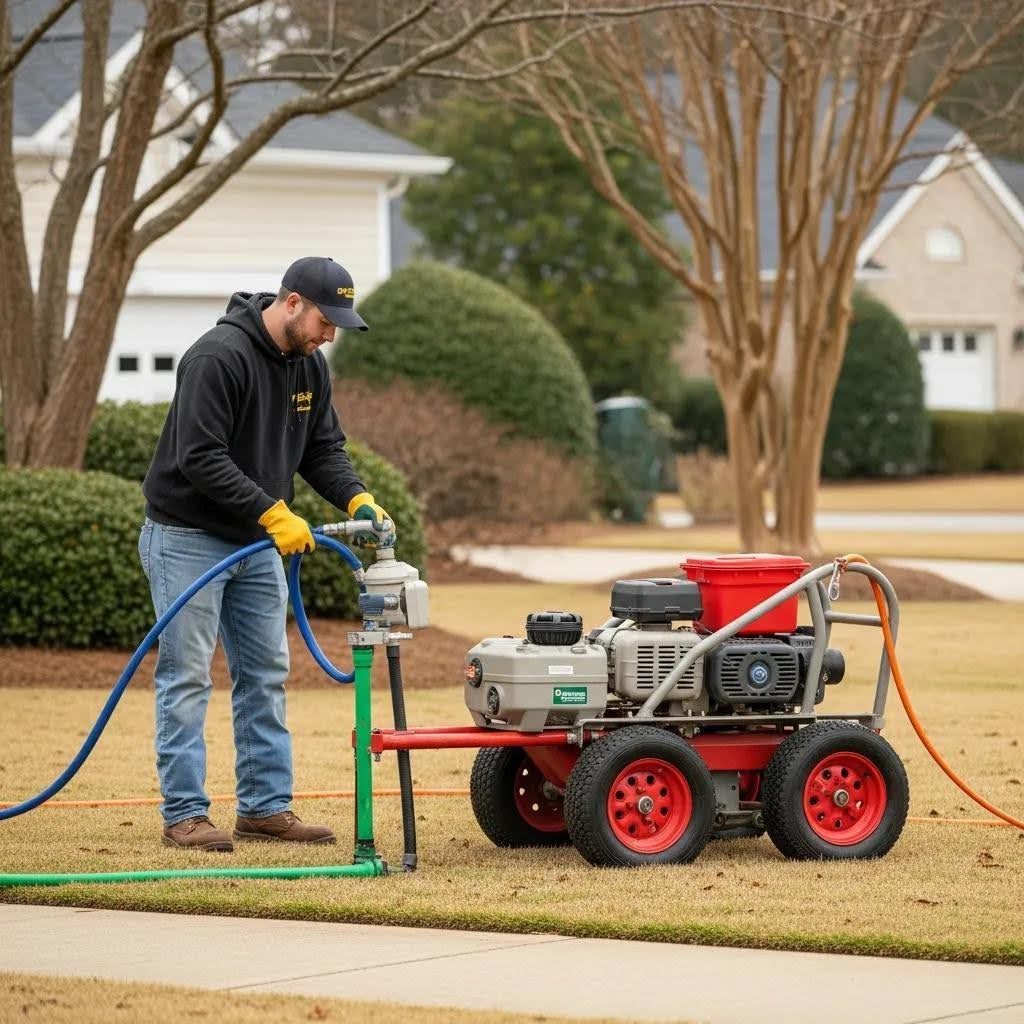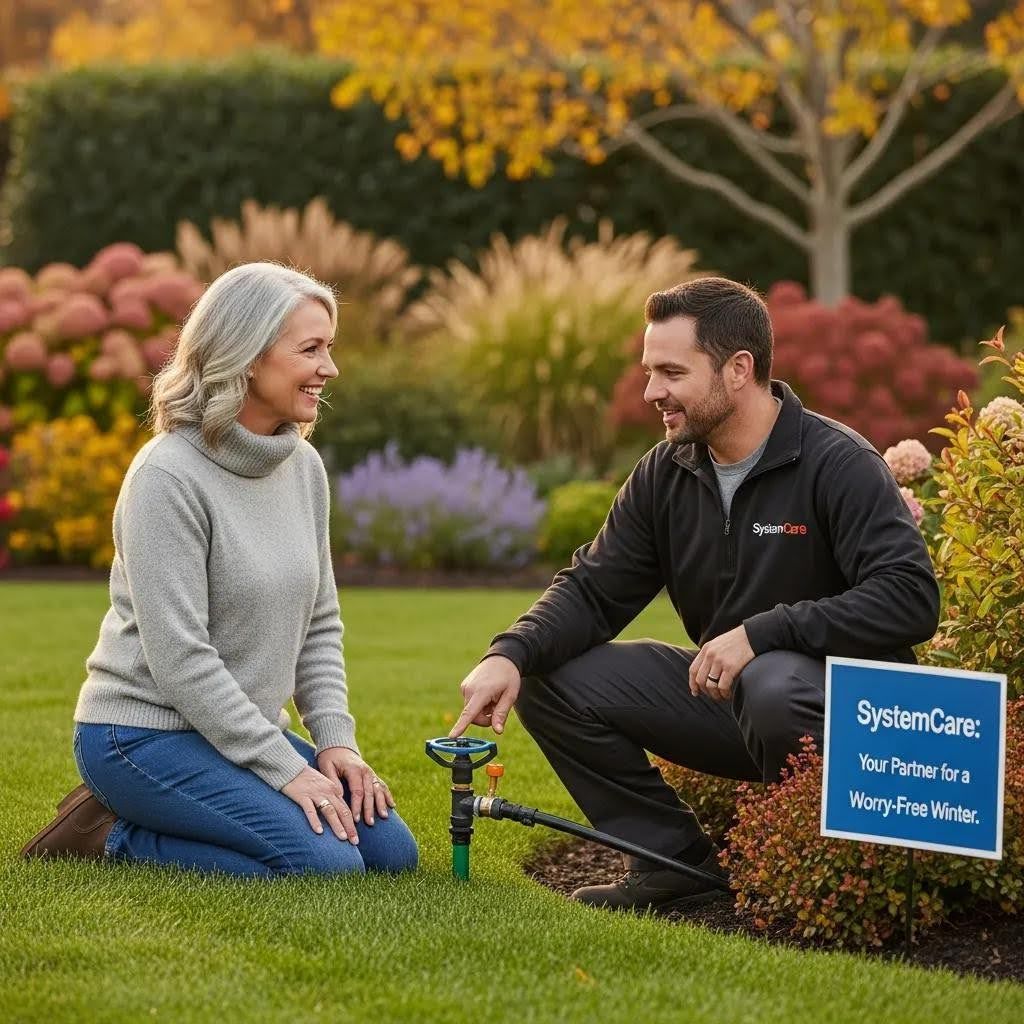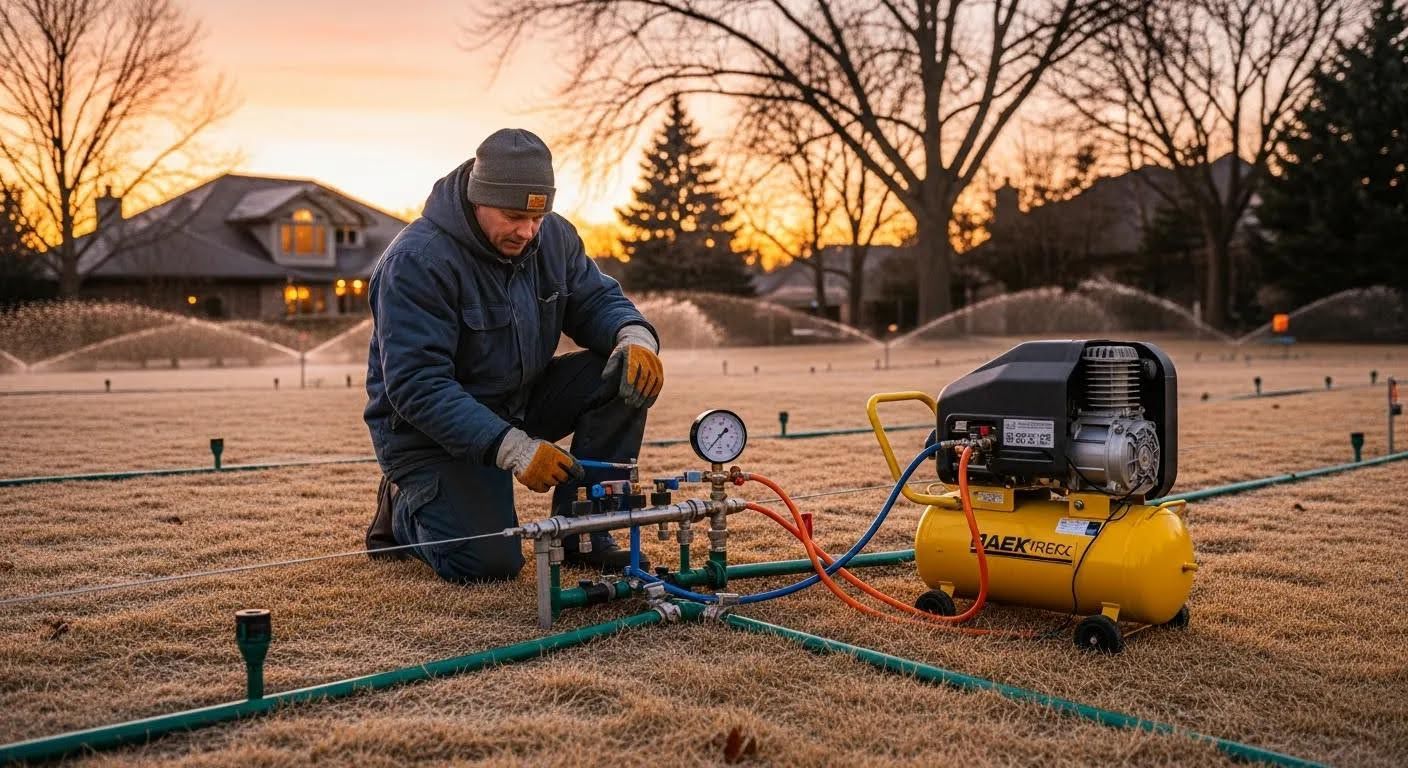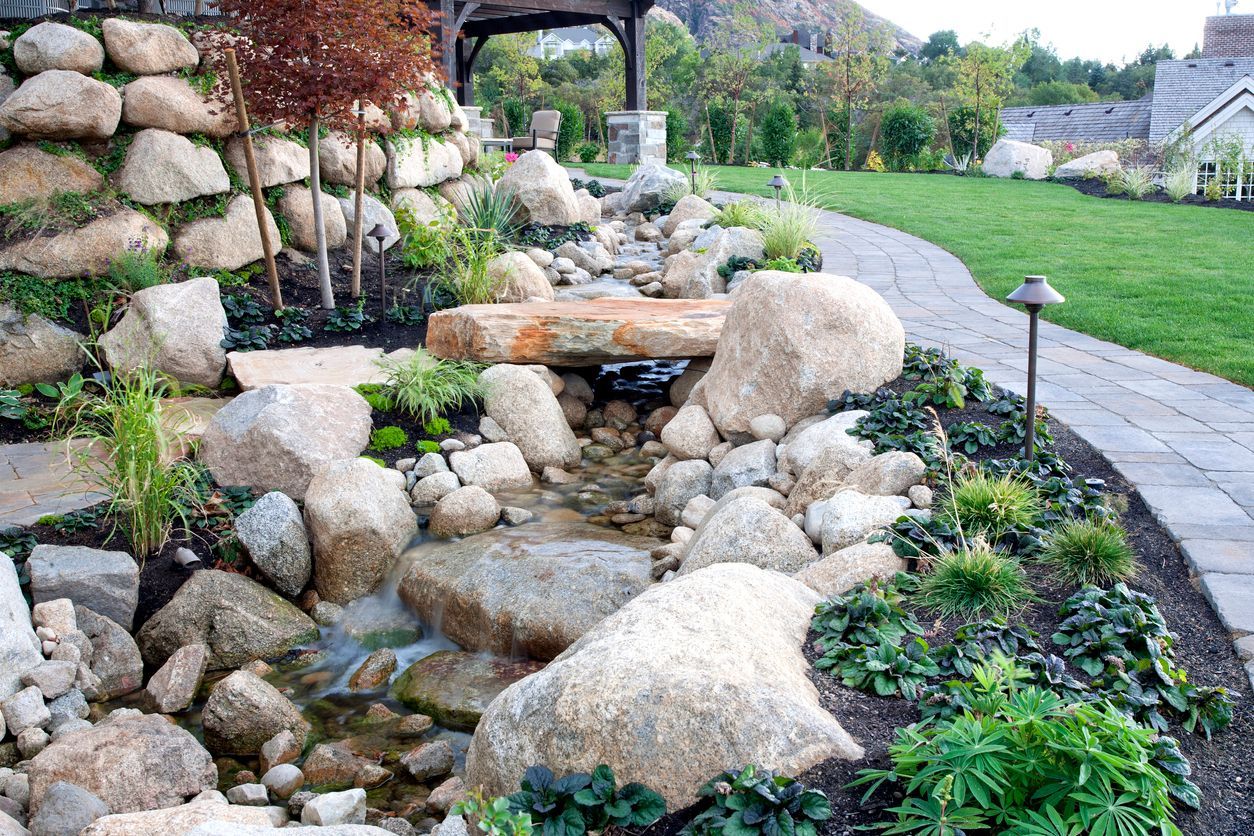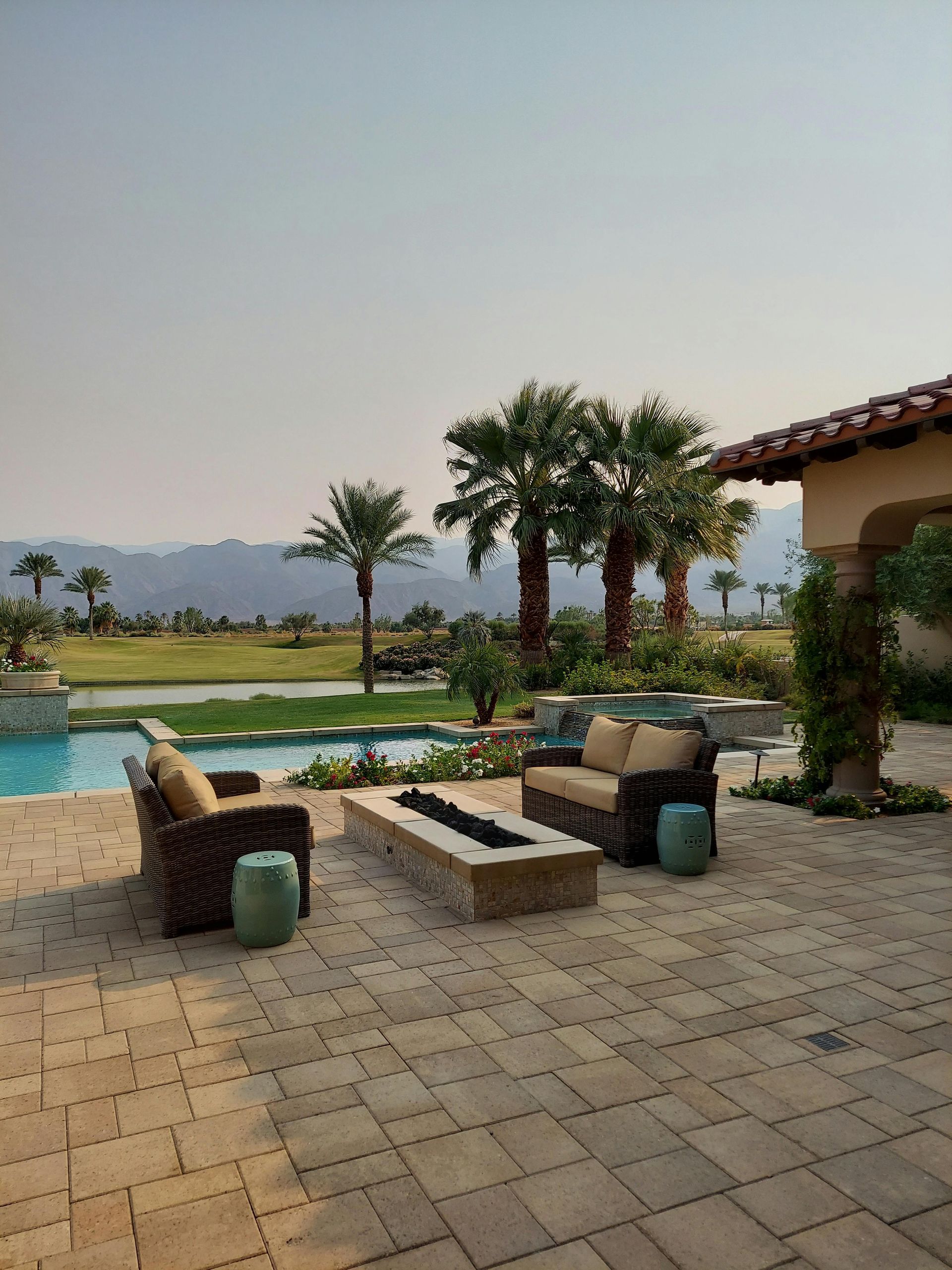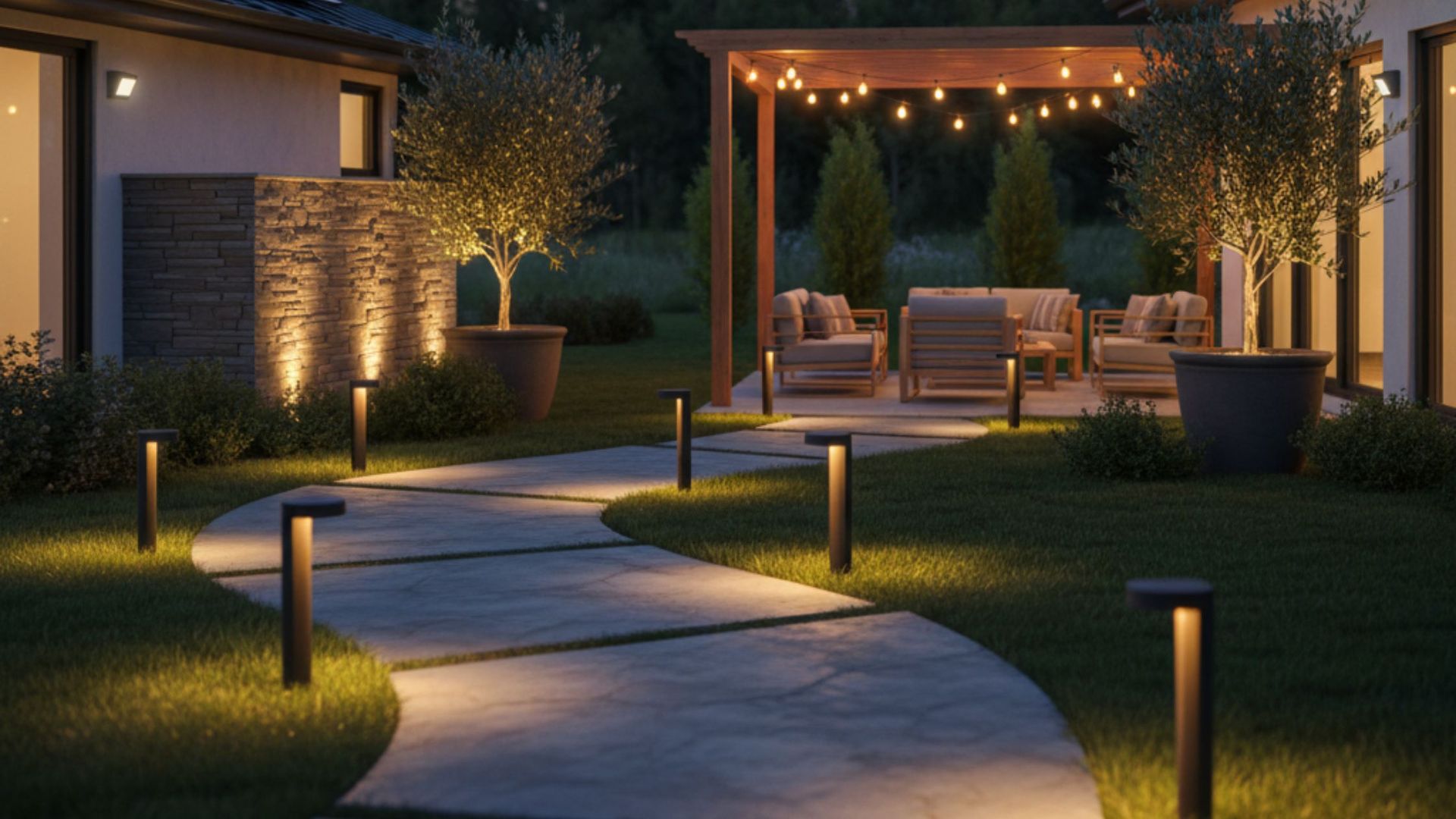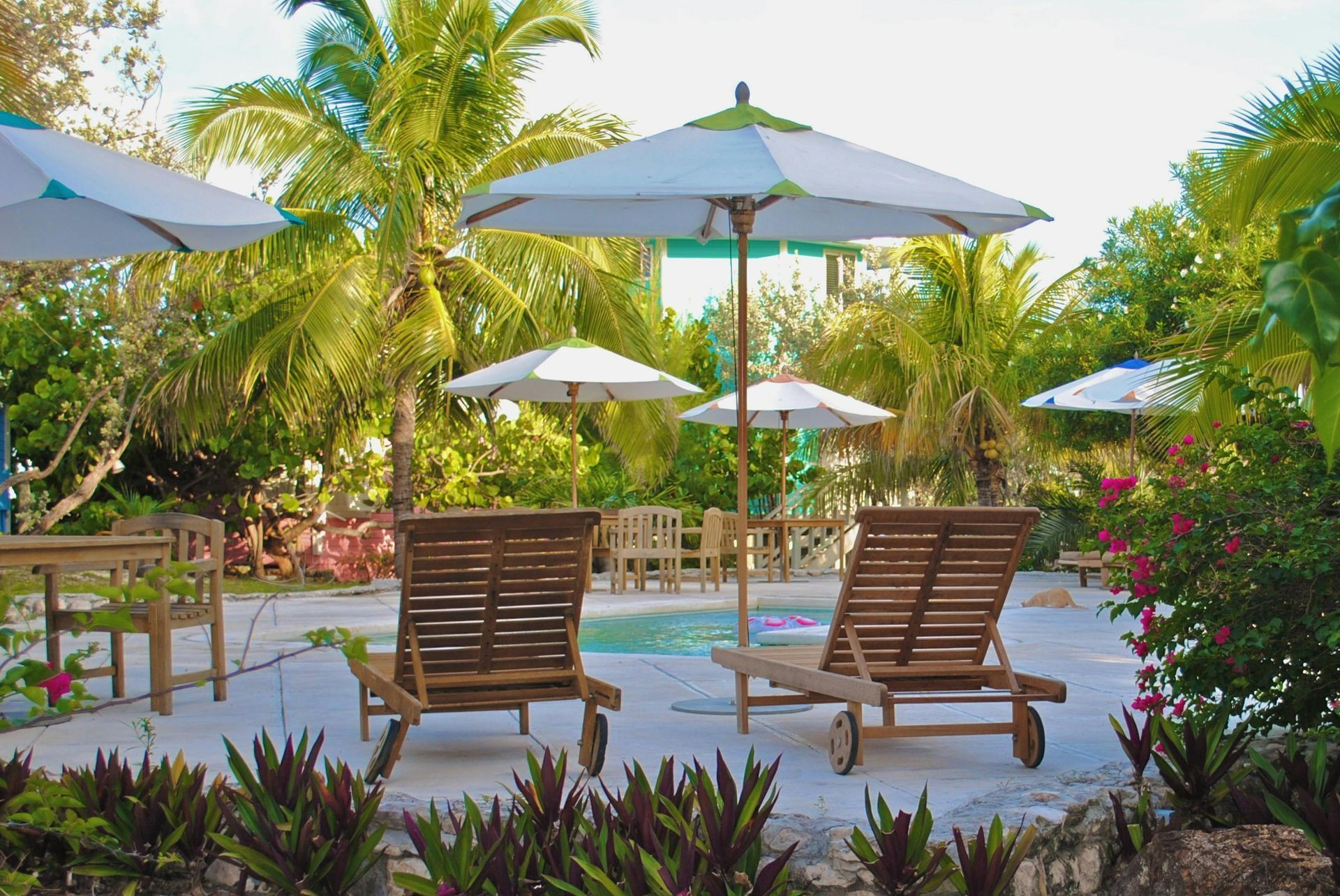How Do I Choose the Best Irrigation Company in Hampton Roads, VA?
Choosing the right irrigation partner can transform a struggling yard into a lush landscape that thrives year-round. In a region defined by sandy loam soils, coastal humidity, and sporadic rainfall, understanding local conditions is critical. Homeowners aiming for a perfectly green lawn often start by searching “Irrigation Company Hampton Roads” to find experts who know the nuance of the Tidewater climate. With so many options—from seasonal tune-ups to full system installs—knowing which provider aligns with budget, quality, and environmental goals is essential.
What Makes an Irrigation Company Hampton Roads Homeowners Can Trust?
Irrigation Company Hampton Roads professionals combine local expertise with industry best practices to deliver reliable performance. In Hampton Roads, a trusted provider not only installs sprinkler heads and controllers but also designs with erosion control, backflow prevention, and water conservation in mind. Such companies typically offer comprehensive system starts, spring inspections, summer optimizations, fall adjustments, and winterization services. Working with a knowledgeable contractor means your landscape benefits from tailored drip irrigation zones, smart Wi-Fi controllers, and high-efficiency nozzles calibrated for sandy soils. Homeowners looking for that level of precision should prioritize credentials, track records, and transparent communication.
How to Verify Credentials, Licenses, and Reputation Before Hiring
Before signing a contract, ensuring the company employs licensed irrigation technicians protects against liability and subpar workmanship. Virginia requires irrigation professionals to hold a DPOR specialty contracting license; reputable irrigation contractors will happily share these credentials. Many top firms also carry EPA WaterSense certification, indicating they’re committed to efficient water use and adhere to ASABE standards. Insurance coverage—both general liability and workers’ compensation—demonstrates a contractor’s professionalism and safeguards you in case of accidents. Checking for membership in trade associations like the Irrigation Association or the Virginia Nursery & Landscape Association further confirms ongoing training and ethical practices.
Licensing and Certifications
Licensed technicians should hold:
- A DPOR Irrigation Specialty License (Class C or Class A)
- Backflow preventer tester certification to maintain municipal compliance
- WaterSense Partner designation for high-efficiency solutions
- Continuing education records in hydraulic design and water management
These credentials ensure the crew knows how to handle everything from backflow devices to pump maintenance.
Insurance and Warranties
Fully insured firms offer:
- Proof of general liability insurance
- Workers’ compensation for on-site personnel
- Written warranties on parts (i.e., valves, controllers) and labor
- Satisfaction guarantees or service-care plans covering annual tune-ups
This level of protection minimizes homeowner risk and underscores a contractor’s commitment to quality.
What Insights Can Local Sprinkler Reviews in Hampton Roads Provide?
Genuine feedback from neighboring properties offers unique perspective on punctuality, troubleshooting skills, and follow-through. By examining local sprinkler reviews Hampton Roads, homeowners can identify consistent praise for system longevity, responsiveness to leaks, and fair pricing. Review platforms like Yelp, Birdeye, and Google often highlight how technicians manage issues such as clogged drip lines, seasonal controller resets, and head realignments. Detailed testimonials also reveal whether the provider communicates delays, explains recommended adjustments, and stands behind winterization work. This grassroots insight allows homeowners to shortlist companies that excel in both technical skill and customer service.
How Do Service Offerings and Technology Differentiate Irrigation Providers?
Irrigation professionals vary widely in their adoption of advanced tools, design software, and eco-friendly components. A truly full-service contractor will integrate:
- Smart controllers that adjust schedules via weather forecasts
- Zone-by-zone flow monitoring to detect leaks early
- Low-flow nozzles and drip lines for water-sensitive planting beds
- Rain sensors and soil moisture probes to avoid overwatering
- Pump and well-packers for properties off municipal supply
Partial-service firms may only handle installs or seasonal blow-outs, while top-tier providers support each phase from CAD-based design through end-of-life recycling of old parts.
What Is the Expected Investment for Professional Irrigation Services in Hampton Roads, VA?
Understanding cost structures helps homeowners balance initial outlay against long-term water savings and landscape health.
Investing in quality parts—brass valves, submersible pumps, Rain Bird or Toro brand controllers—can reduce costly repairs and water bills over time.
What Questions Should You Ask Prospective Irrigation Companies?
- Are all technicians background-checked and bonded?
- Which brands and models of controllers, valves, and heads do you install?
- How do you handle unexpected issues like underground leaks or code inspection failures?
- Can you provide a detailed maintenance schedule and itemized proposal?
- Do you offer water-use reports and recommendations for efficiency improvements?
Asking pointed questions clarifies expectations, prevents scope creep, and highlights contractors willing to tailor solutions rather than upsell unneeded services.
Why Local Climate and Soil Conditions Matter for Irrigation Design
Hampton Roads’ coastal proximity and sandy loam soils create unique challenges and opportunities for irrigation planning. A prudent provider starts with a soil percolation test, gauges infiltration rates, and recommends head spacing tailored to Coastal Zone precipitation patterns. Understanding evapotranspiration rates in the warmer months guides scheduling adjustments that prevent runoff, erosion, and salt buildup. In areas prone to saltwater intrusion or high water tables, licensed irrigation technicians often integrate corrosion-resistant piping and acid-neutralizing filters. By aligning design with micro-climate data—shade patterns, wind exposure, turf type—a system maximizes water efficiency and diminishes long-term landscape stress.
Conclusion
Selecting the best irrigation partner in Hampton Roads requires blending local insight with proven expertise. From verifying licensure and insurance to comparing technology stacks and cost structures, homeowners must conduct thorough due diligence. Examining reputable irrigation contractors through honest reviews, hands-on questions, and documented credentials ensures a system designed to thrive in the Tidewater environment. For those ready to elevate landscape health with precision design, advanced controllers, and year-round support, reach out to Hampton Roads Irrigation & Landscape to explore custom irrigation solutions tailored to every corner of your property.
If any questions remain or you’re ready to schedule an on-site consultation, please Contact us today and take the first step toward a greener, more sustainable lawn.
Frequently Asked Questions
1. What is the average lifespan of a residential irrigation system in Hampton Roads?
With proper seasonal maintenance and component upgrades, a well-installed system can last 15–20 years before major upgrades are needed.
2. How often should I schedule irrigation system tune-ups?
Quarterly inspections are ideal, but at minimum a spring startup, mid-season check, fall adjustment, and winterization are recommended.
3. Can I convert my existing sprinkler zones to drip irrigation beds?
Yes. Many contractors offer drip conversion kits that replace spray heads with micro-emitters, enhancing efficiency in planting beds.
4. Are there local rebates for installing high-efficiency irrigation controllers?
Many Hampton Roads municipalities and water authorities offer rebates for WaterSense-rated controllers and rain sensors. Check your local utility websites.
5. What should I do if my system fails during peak summer heat?
Contact your provider’s emergency hotline; licensed irrigation technicians can often diagnose leaks, pressure issues, or controller malfunctions within 24 hours.
